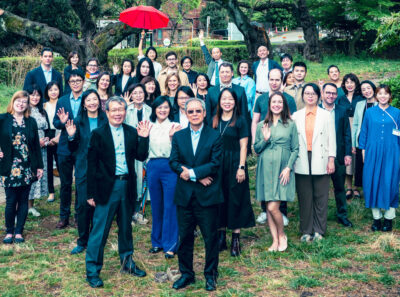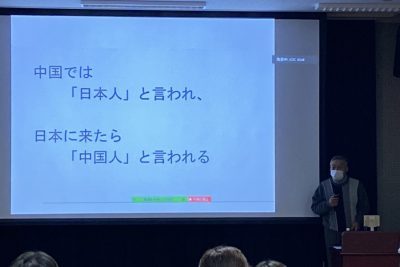Our Fifth Spring
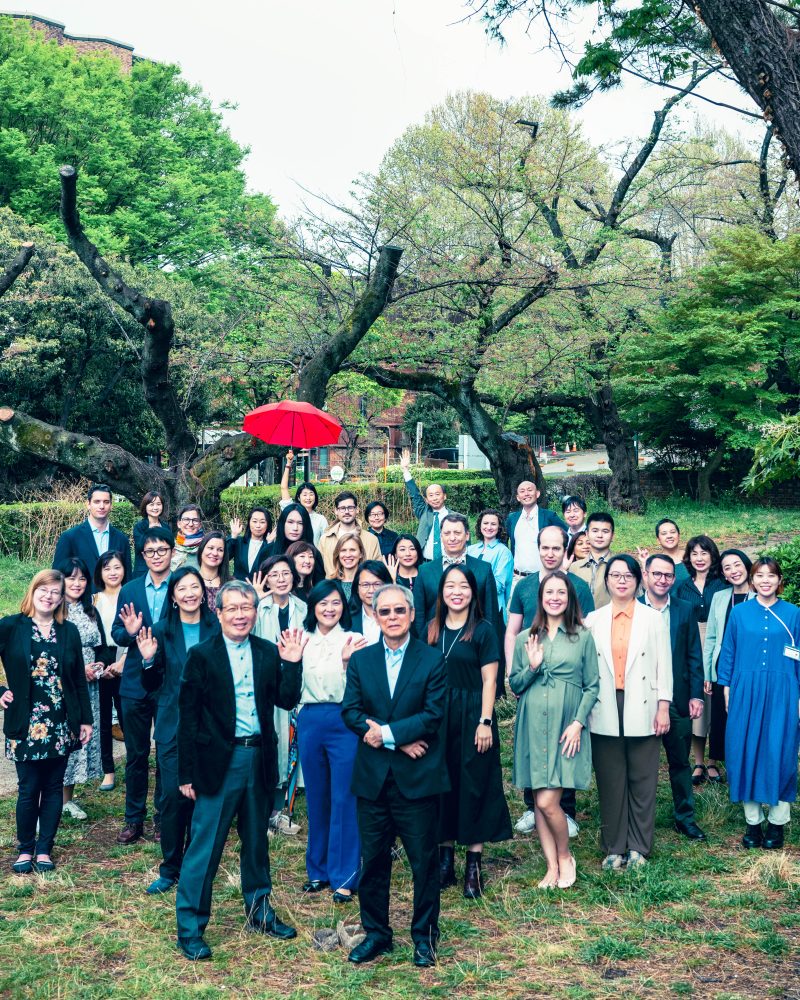
The seasons have turned, and in April, we welcomed the new academic year. This is the fifth spring for Tokyo College.
The number of early-career researchers at the College now totals 22, with two associate professors, four project assistant professors, eleven postdoctoral fellows, and five project researchers. This is an increase of two since the same time last year. Many of them can be seen in this year’s annual spring photo, which is brimming with fresh greenery and the vitality of researchers early in their careers.
It is gratifying to see the number of these researchers increase with each passing year, but this spring, we are especially pleased to see an overall increase in the number of senior distinguished researchers. At this time last year, we had been unable to accept many such researchers due to travel restrictions imposed by the pandemic. However, since border restrictions were relaxed in the middle of this past academic year, many outstanding researchers who have made great achievements and play an active, international role in their respective fields have been staying at Tokyo College; we hosted twenty this past year alone. Being able to host both senior distinguished researchers and promising early-career researchers from overseas was a future we had envisioned when Tokyo College was first established four years ago, and it has finally become a reality.
At the tea meetings held every Friday afternoon, one can often find experts in physics and the life sciences, specialists in Japanese history and water treatment, and early-career researchers working in areas like gender studies, immigration studies, literary studies all engaging in conversation. I try to stop by these gatherings when I have the chance, but I must confess that I never expected a gathering where people just talk to one another to be so stimulating and interesting. I am often inspired with new ideas for research topics or for how to operate Tokyo College from the comments of attendees. These tea meetings, which sometimes include visitors from other parts of the University, symbolize the openness and diversity of Tokyo College, where researchers of different nationalities, ages, specialties, and genders can gather. At colleges within Oxford University and Cambridge University in the United Kingdom, specialists and students from various fields meet to eat and drink together. Our tea meetings can be said to resemble that style, although perhaps smaller in scope.
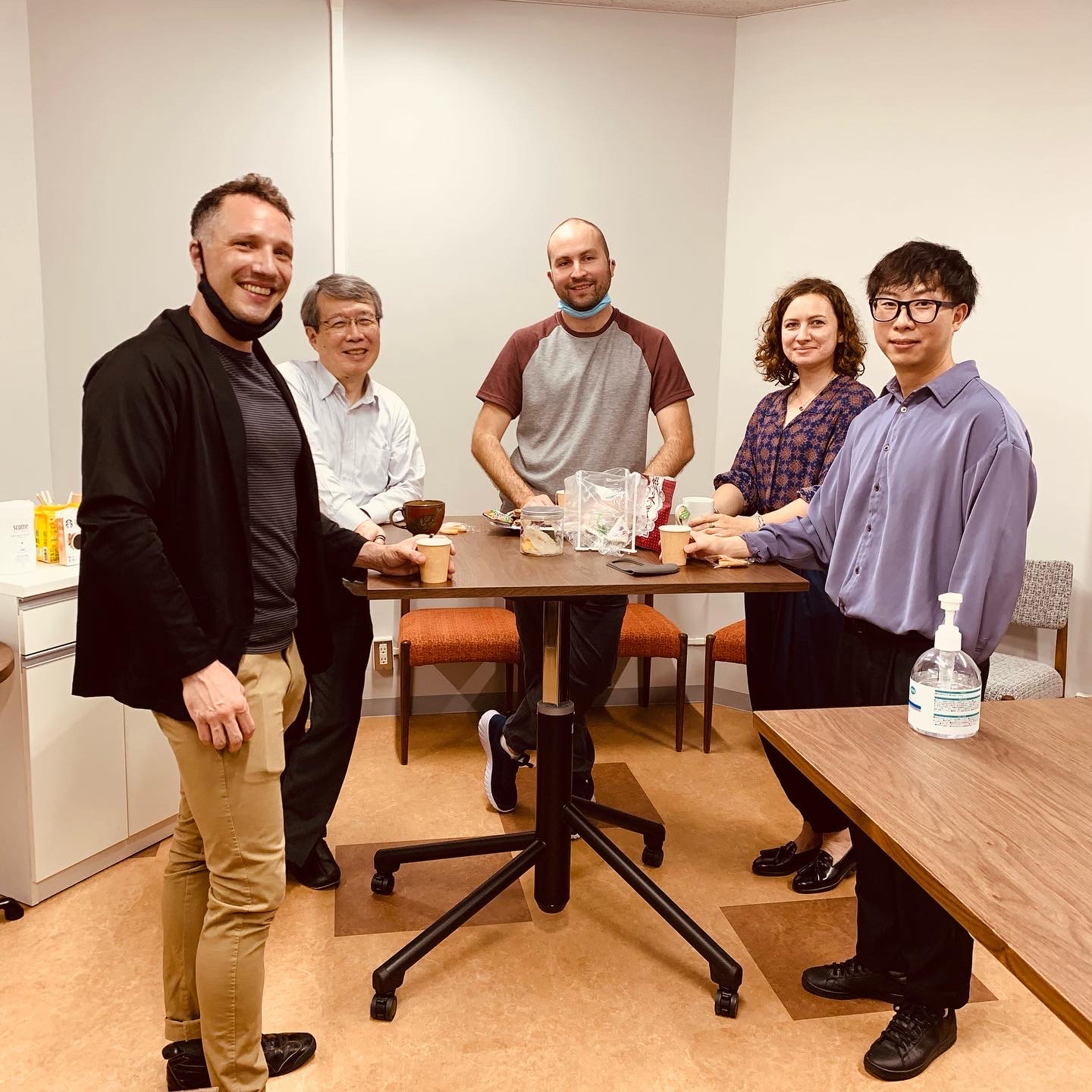
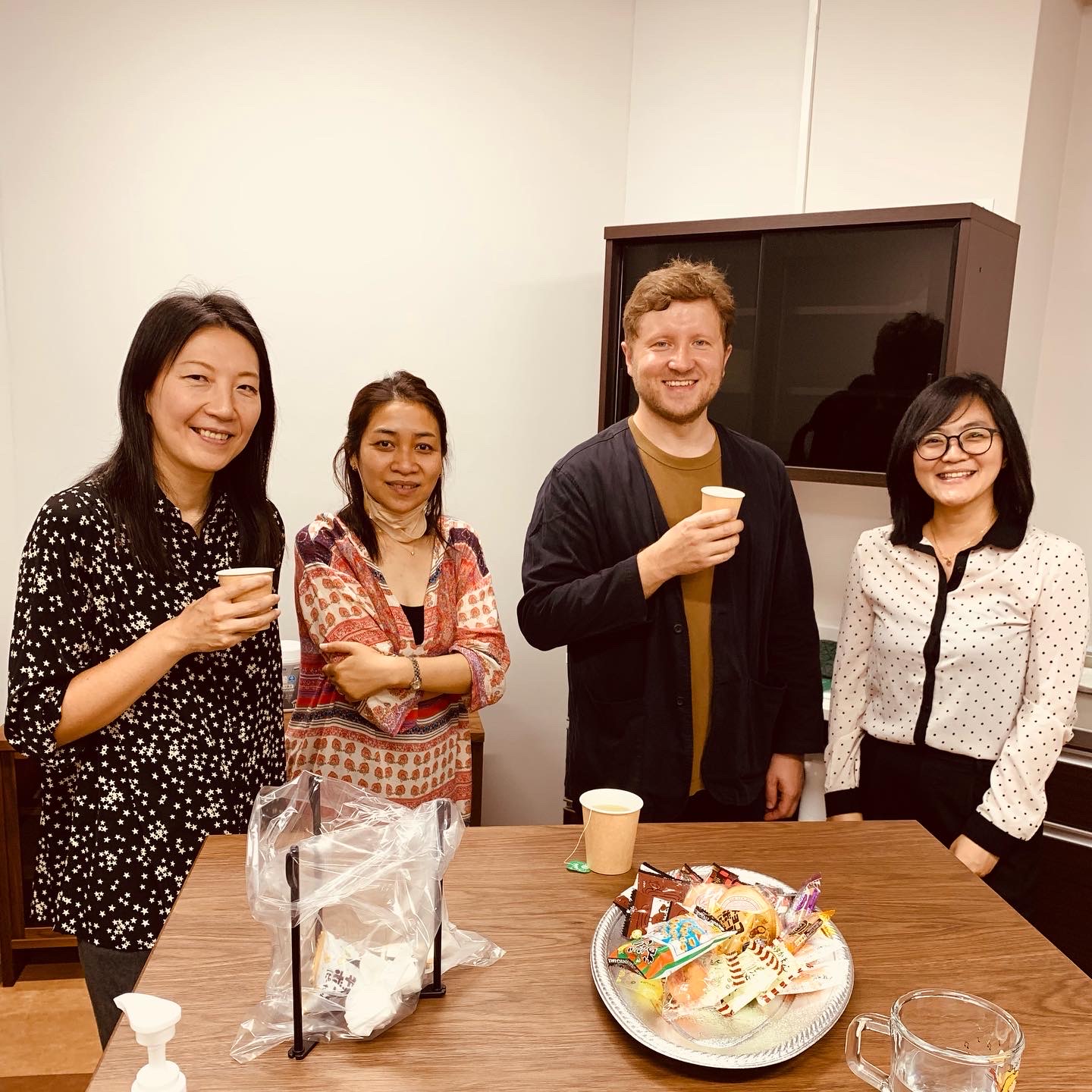
As the number of invited researchers increases, so, too, does the number of lectures and symposia that are held for students and the general public. Last academic year, we planned and executed more than fifty online events. The style of conveying cutting-edge research outcomes to the general public in a prompt and easy-to-understand manner is similar to that of the Collège de France, a French academic institution, although at a different scale. However, Tokyo College does not only ask researchers and intellectuals to give lectures—we also ask researchers from other departments of the University with slightly different areas of expertise to provide commentary for lectures, which allows for cross-disciplinary and multifaceted discussions. Most of the events are recorded, edited, and uploaded to Tokyo College’s YouTube channel in both English and Japanese. The channel has 6,600 subscribers and over 750,000 total views.
Within Tokyo College, collaborative research groups that focus on such topics as “Identity,” “Gender and Sexuality,” “Sustainability and Society,” and “Language and Identity” have formed, and some of their activities include co-authoring articles, having book readings, and holding symposia. This is a unique point of which Tokyo College should be proud, and which is not something found in the colleges of Oxford or Cambridge or in the Collège de France.
And so, though Tokyo College had only myself, two deputy directors, and a few administrative staff members when it was established, it has grown rapidly and greatly expanded its range of activities over the past four years. This is first and foremost thanks to the efforts and enthusiasm of the researchers and staff members affiliated with the College. We have also benefited immensely from the timely support of the University’s Board of Directors and the staff at the Administration Bureau, as well as the generous cooperation of faculty and staff in other departments. We are also deeply indebted to the researchers, intellectuals, students, and members of the general public in both Japan and abroad who have watched the growth of the College and supported us by attending our events.
In human terms, one could say that the current Tokyo College is just beginning to take a few tentative steps. There is no doubt that it has great potential, but at the same time, we must be prepared for any hardships that lie ahead. I hope that each and every one of you who reads this article will take an active role in the future development of Tokyo College. Please feel free to send me (masashi.haneda@tc.u-tokyo.ac.jp) your comments and suggestions—after all, “shaping a shared future together” is one of the philosophies that Tokyo College has valued from the beginning.


